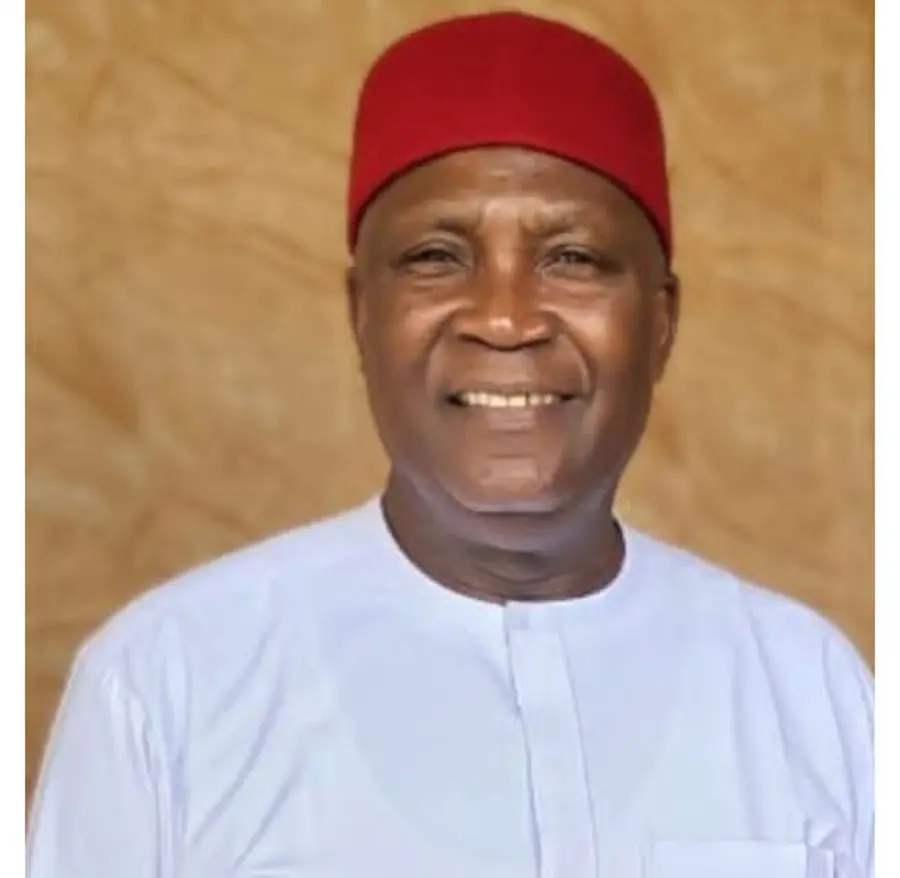Somaliland, a breakaway region of Northern Somalia vying for international recognition, has been rocked by armed conflict in recent months, posing a threat to its dream of statehood. Following several years of relative stability, clashes erupted between security forces and clan militias in northern Somalia weeks after presidential elections were postponed late last year. The political crisis intensified after an uprising by the Dhulbahante clan to rejoin Somalia. Violent confrontations broke out between clan militias and government troops.
The roots of the conflict lie deeper than a feud between those who support the reunification of Southern Somalia and anti-unionists. Ethnographic observations from a Somali expert reveal cumulative political and economic grievances of several clans, including the anti-authoritarian position of President Muse Bihi Abdi, who has been accused of sidelining non-Isaaq clans. The president also remains in power beyond his constitutional term, leading to contentions from traditional clan chiefs.
The conflict in Laas Caanood, located in the north, is particularly intense because it threatens Somaliland’s borders as approved by British and Italian colonial authorities in the late 19th century. As such, President Bihi and his inner circle are seeking military victory to recapture Laas Caanood, which would further weaken Somaliland’s case for international recognition. Artillery shelling has been indiscriminately used on public and private property, risking civilian lives.
The main loser of this political crisis is President Bihi, who took Somaliland, once a relatively peaceful region, to the brink of a cliff. His options of ending the war through violence have been exhausted, and he should seek to resolve the crisis peacefully to save Somaliland’s statehood. Engaging Laas Caanood clan chiefs to address their grievances may be the solution, according to experts. However, the prospects of a peaceful resolution seem negligible at this point.
In conclusion, as Somaliland slips from being defined by stability to resembling southern Somalia’s constant wars and violence, the risks of losing territory and not gaining international recognition grow. It is imperative that peace be restored through dialogue and democracy to preserve Somaliland’s dream of statehood and its much-deserved peace.



